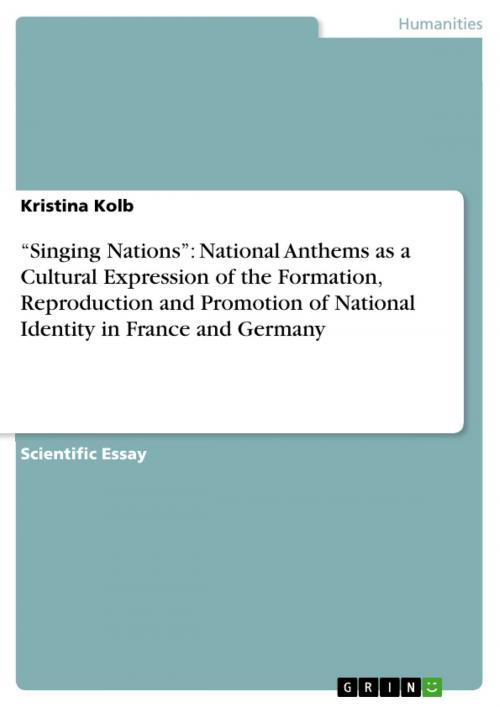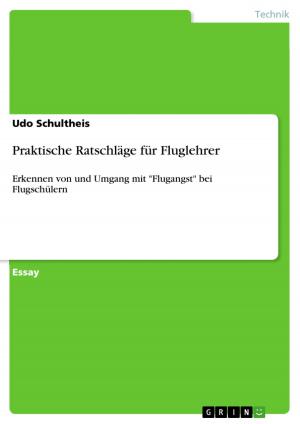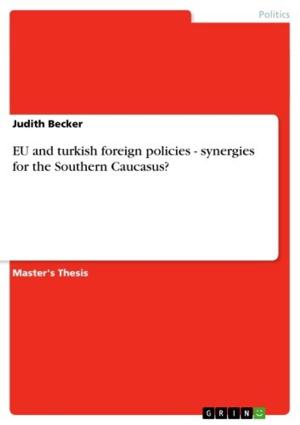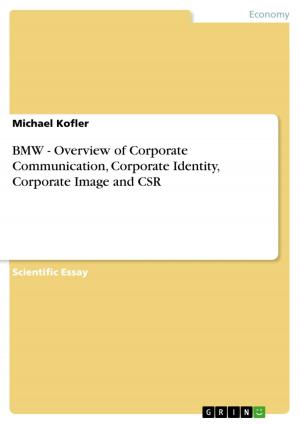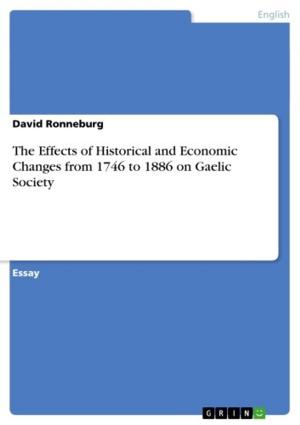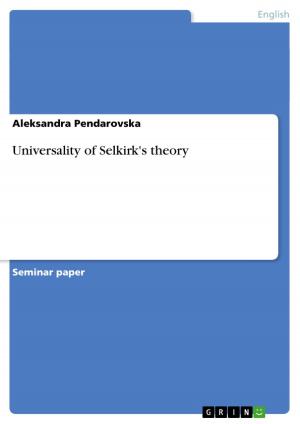'Singing Nations': National Anthems as a Cultural Expression of the Formation, Reproduction and Promotion of National Identity in France and Germany
Nonfiction, History, European General| Author: | Kristina Kolb | ISBN: | 9783640485154 |
| Publisher: | GRIN Publishing | Publication: | December 3, 2009 |
| Imprint: | GRIN Publishing | Language: | English |
| Author: | Kristina Kolb |
| ISBN: | 9783640485154 |
| Publisher: | GRIN Publishing |
| Publication: | December 3, 2009 |
| Imprint: | GRIN Publishing |
| Language: | English |
Scientific Essay from the year 2005 in the subject Cultural Studies - European Studies, grade: A, The Open University, language: English, abstract: When the first European nation-states were created during the 18th and 19th century, the necessity arose to form new bonds and loyalties within and to the state, replacing those in favour of regional rulers. The new governments and ruling elites found themselves under the obligation to create a common national identity in order to ensure the future existence of the recently created states. One way of doing so was the invention of national traditions and symbols, and most prominent among these were national anthems, patriotic songs that were supposed to enhance national awareness and unity. When looking at Europe, however, and in particular at France and Germany, it seems like these very anthems had, towards the end of the millennium, lost considerable significance and had been reduced and limited to, almost exclusively, international sporting events, as far as public consciousness was concerned. Yet, at the beginning of the 21st century, we can observe a sudden return of national anthems onto both social and political agendas, with new laws being passed and recent debates surrounding them.
Scientific Essay from the year 2005 in the subject Cultural Studies - European Studies, grade: A, The Open University, language: English, abstract: When the first European nation-states were created during the 18th and 19th century, the necessity arose to form new bonds and loyalties within and to the state, replacing those in favour of regional rulers. The new governments and ruling elites found themselves under the obligation to create a common national identity in order to ensure the future existence of the recently created states. One way of doing so was the invention of national traditions and symbols, and most prominent among these were national anthems, patriotic songs that were supposed to enhance national awareness and unity. When looking at Europe, however, and in particular at France and Germany, it seems like these very anthems had, towards the end of the millennium, lost considerable significance and had been reduced and limited to, almost exclusively, international sporting events, as far as public consciousness was concerned. Yet, at the beginning of the 21st century, we can observe a sudden return of national anthems onto both social and political agendas, with new laws being passed and recent debates surrounding them.
